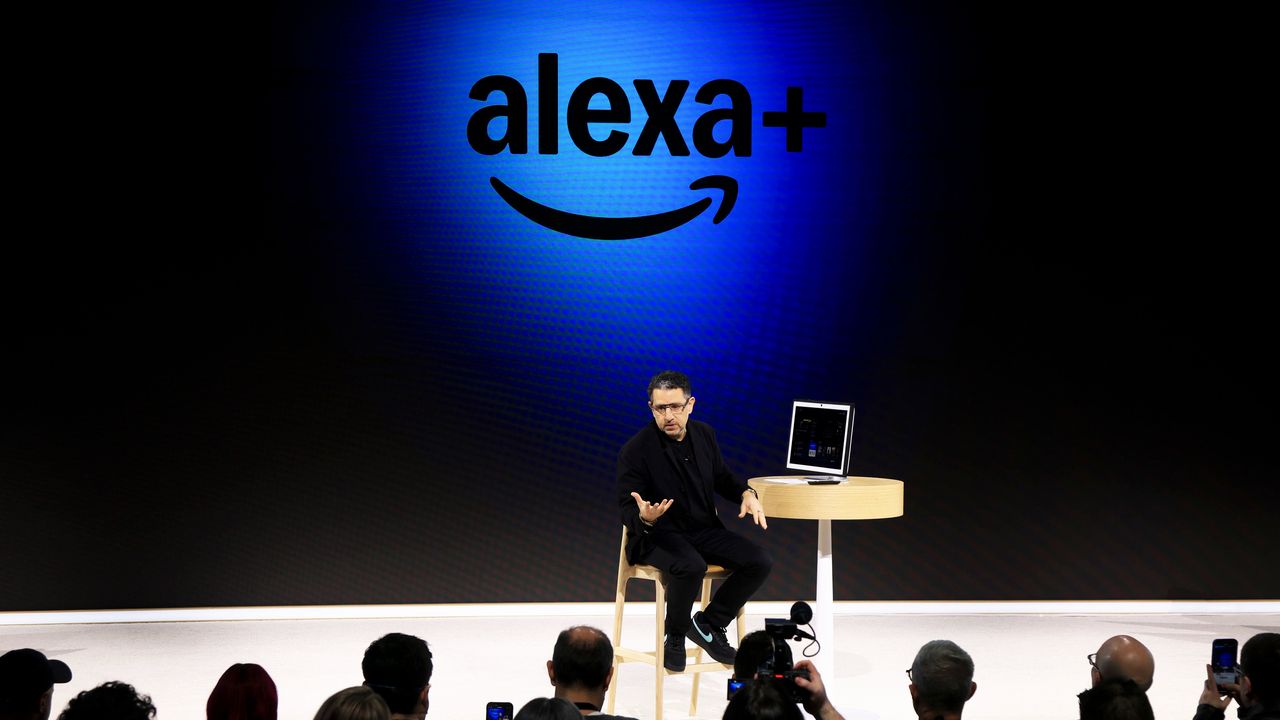
In February, Amazon planned to debut a web-based version of its Alexa virtual assistant, known as Alexa.com, in June. However, it appears that the launch date has been moved back; we may not be able to use this feature before July 31 (as reported by The Washington Post).
It appears that Amazon may have underestimated the amount of work required for a successful launch, as outlined in their internal documents, which provide only limited detail.
After unveiling the new feature at their Alexa Plus event in February, employees have been busy preparing for its release. By mid-June, the company was continuing to aim for a launch date of late June for Alexa.com, also known internally as Project Metis.
Instead, it appears that the leadership team at the company made an unexpected decision, informing their employees that the site wouldn’t be accessible until at least the end of July.
It’s unclear why Amazon delayed the launch of Alexa.com, since neither the leaked internal documents nor the company’s senior leadership mentioned this move.
In a peek at Amazon’s website for Alexa+, slated to drive Alexa.com, hints that “Alexa on your web browser will be available soon.” Amazon has unveiled a range of new functionalities, now accessible by several million individuals who have early access to Alexa+. It’s important to mention that Amazon has already delivered about 90% of the features they announced during their event in February.
While speaking to The Washington Post, Amazon spokesperson Lauren Raemhild indicated:
Users appreciate that Alexa+ offers a highly conversational interface and can manage intricate tasks. This Early Access period is crucial for us to understand how they plan to utilize it and what their expectations are.
Raemhild clarified that Alexa.com won’t encounter any delays and can be accessed through the Alexa+ Early Access program this coming summer.
In the upcoming weeks, OpenAI plans to debut a web browser equipped with AI technology that aims to challenge Google Chrome. This new browser could transform the way users engage with the internet and, in doing so, might provide OpenAI with user data access, being ChatGPT’s creator.

500 million individuals actively use ChatGPT each week, a service provided by OpenAI. If this trend continues and OpenAI extends its AI capabilities to a web browser, it could potentially challenge Google Chrome’s strong position in the global browser market, which is currently used by over 3 billion people worldwide, representing more than two-thirds of the market share.
Amazon, much like Apple, is encountering similar hurdles in relation to the delayed enhancement of their Siri service. It appears that Apple may have oversold and under-delivered on their pledge to introduce Apple Intelligence, a system intended to rival cutting-edge AI chatbots such as OpenAI’s ChatGPT. Even those within the company are expressing doubts that Apple Intelligence is at least two years behind ChatGPT in terms of development.
It seems that Apple is facing legal issues and has been summoned to court due to allegations of deceptive advertising about Apple Intelligence for boosting iPhone 16 sales. So far, Apple’s offerings in artificial intelligence have been relatively modest, with features like Writing Tools and Image Playground, which has led some users to label its primary AI tools as “vaporware,” indicating they appear promising but lack substance or delivery.
Read More
- Best Controller Settings for ARC Raiders
- Gold Rate Forecast
- Survivor’s Colby Donaldson Admits He Almost Backed Out of Season 50
- Where Winds Meet: How To Defeat Shadow Puppeteer (Boss Guide)
- Meet the cast of Mighty Nein: Every Critical Role character explained
- How to Get the Bloodfeather Set in Enshrouded
- How to Build a Waterfall in Enshrouded
- Fatal Fury PS5, PS4 Will Return with a Second Season of DLC Fighters
- The Simpsons Cast Lindsay Lohan To Voice Future Maggie
- Mormon Wives’ Demi Responds to Jessi’s NSFW Claim About Husband
2025-07-16 00:39